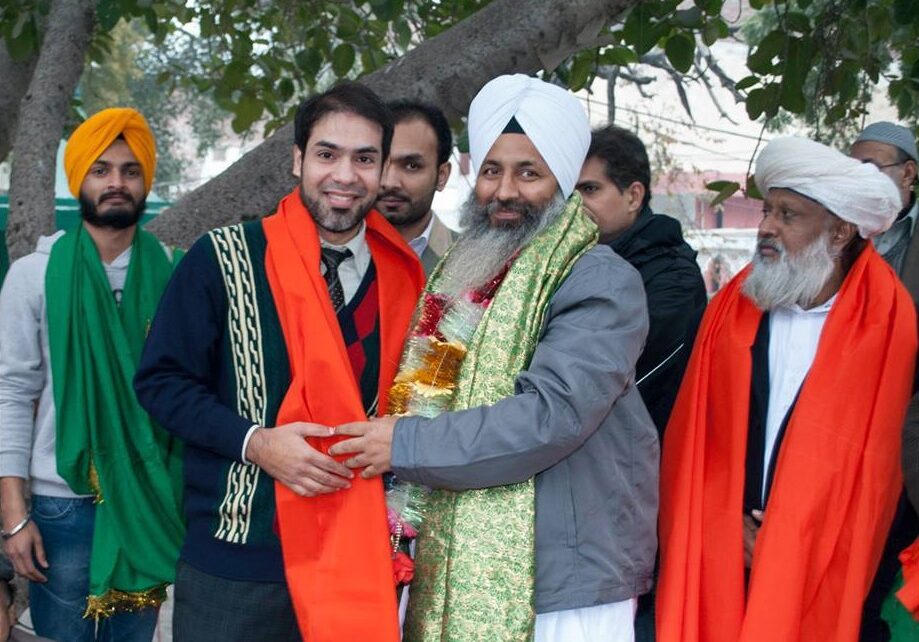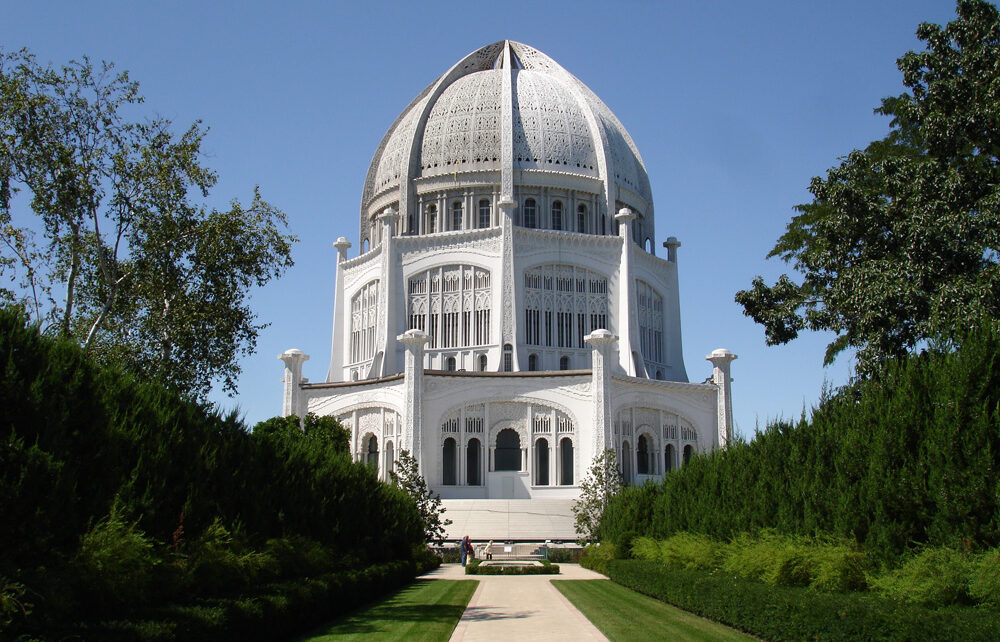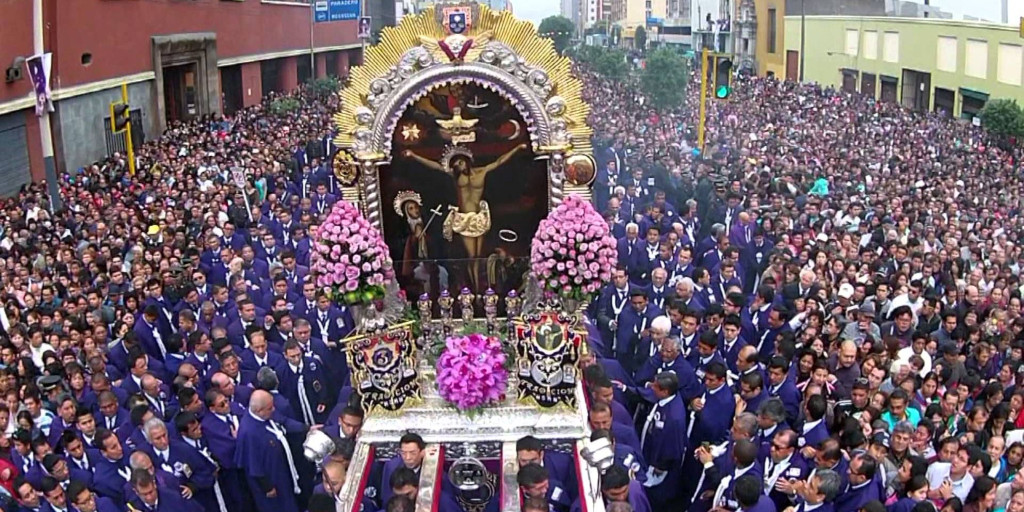The following is the third installment of a three part series. The first can be found here, the second here. It is published as a catalogued .PDF in article in the latest issue of the Journal for Cultural and Religious Theory (22.2). That knowledge of source languages is not the only problem is illustrated by citation practices. Axel, Fox, […]
Tag: islam
Sikhs As Subalterns – Voice, Inequality, And Power, Part 2 (Nirvikar Singh)
The following is the second installment of a three part series. The first can be found here. It is published as a catalogued .PDF in article in the latest issue of the Journal for Cultural and Religious Theory (22.2). Another common scholarly position is that Nanak and his successors could not have created a separate religious tradition, because […]
The Sacred As Bordering Practice, Part 2 (Anna-Maria Edlinger)
The following is the second of a two-part series. The first portion can be found here. It was originally published in issue 22.1 of the Journal for Cultural and Religious Studies. On a national level, a phrase that is oftentimes used in the last years to describe the change of the political landscape in Europe and globally […]
Orientalism, Ontology, And Orientation – A Muslim Perspective On Charles H. Long, Part 2 (Mehnaz Afridi)
The following is the second of a two-part series. The first can be found here. The full article is published in the spring 2022 issue of the Journal for Cultural and Religious Theory. This novel brings me to Long’s work about descriptive and prescriptive narratives of the colonial and the New World. For example, he used […]
Orientalism, Ontology, And Orientation – A Muslim Perspective On Charles H. Long, Part 1 (Mehnaz Afridi)
The following is the first of a two-part series. The full article is published in the spring 2022 issue of the Journal for Cultural and Religious Theory. “America never EVER happened… we just believe in the idea that America has happened” —Charles H. Long 1994, Syracuse University “Afridi, you want to control the world! […]
Tsimtsum In Life Of Pi, Part 3 (Daniel Reiser)
The following is the third of a four-part series. The first can be found here, the second here. Beyond the question of metaphor and reality, the greatest difference between Pi’s two stories is in his attitudes towards the situation in which he finds himself. God’s name is invoked again and again in the first story. Pi […]
The Religious Significance Of Miracles – Why Hume’s Critique Is Superfluous, Part 3 (Alberto Urquidez)
The Sense of “miracle” That Matters Surprisingly few commentators have advanced this basic criticism against Hume’s argument. One glaring exception is the Wittgensteinian philosopher of religion, D. Z. Phillips.[1] In The Problem of Evil and the Problem of God, Phillips puts things this way: “In the case of certain miracles, it is a necessary condition […]
“The Reluctant Fundamentalist” And The Inhospitable State – Abrahamic Hospitality And The Limits Of Multiculturalism, Part 2 (Emily McAvan)
The following is the second of a two-part series. The first can be found here. The Failure of Hospitality Yet even in the first bloom of his success in New York, it is clear that Changez’s acceptance is conditioned largely on his assimilation to the norms of the American ruling class. At Underwood Samson, “we […]
“The Reluctant Fundamentalist” And The Inhospitable State – Abrahamic Hospitality And The Limits Of Multiculturalism, Part 1 (Emily McAvan)
The following is the first of a two-part series. “Share with God’s people who are in need. Practice hospitality.” (Romans 12:13 NIV) “he who believes in Allah and the Last Day should show hospitality to his guest” (Sahih Muslim hadith, Book 1 Hadith 75) In the immediate aftermath of September 11, conservative political scientist Samuel […]
Transmodern Sufism, Or Stepping With Levinas On The Footprints Of A Speculative Sufism Not Re-Framed By 20th Century Orientalists, Part 2 (Philipp Valentini)
The following is the second installment of a three-part series. The first can be found here. A non-Paulinian theology understands the Law not as a whole but as an indefinite set of rules where each rule is split between the conversations it opens on the meanings it expresses and the action it performs. The excess […]









